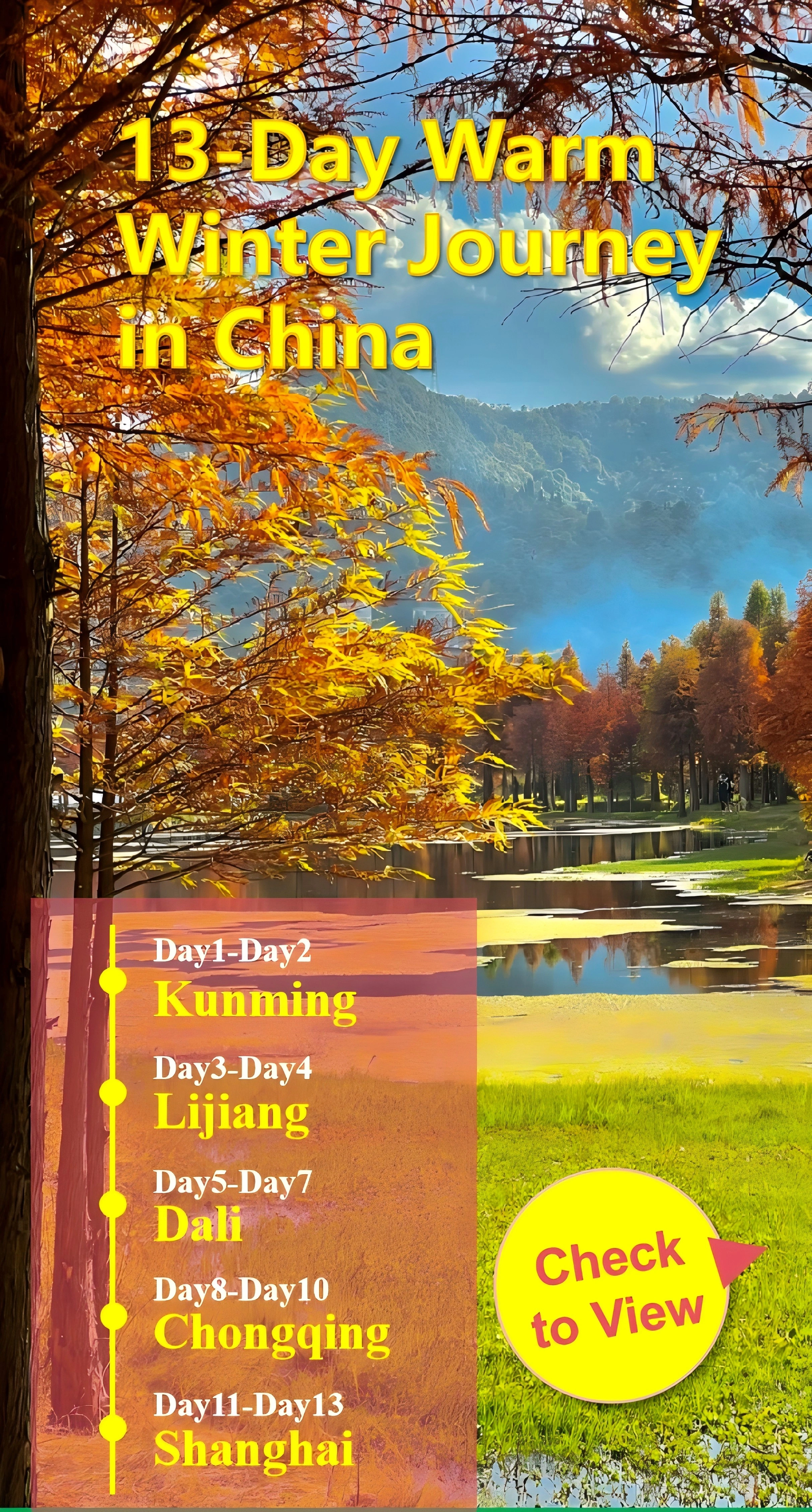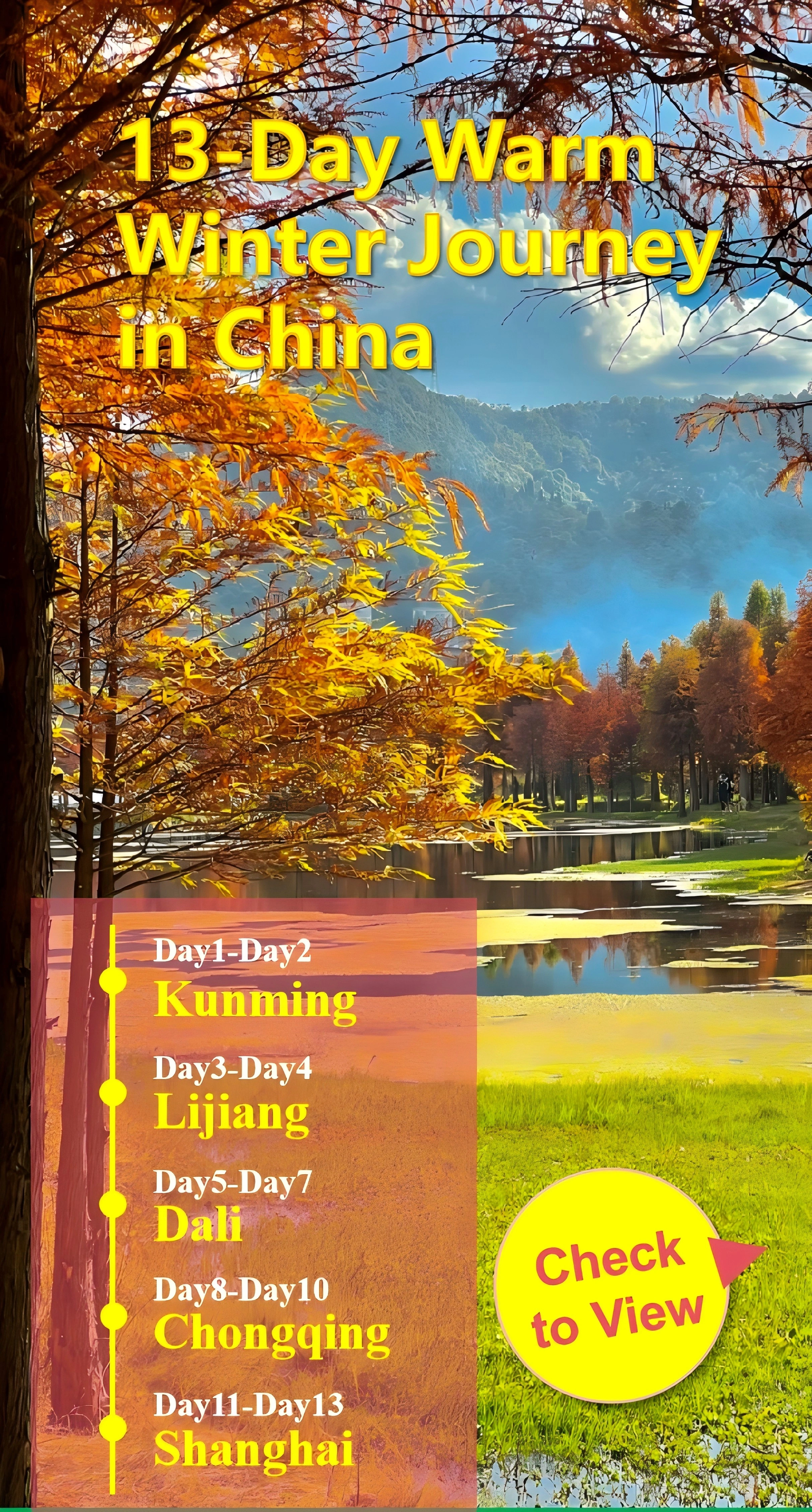Liugong Island
الأثر التاريخي
Beiyang Fleet Headquarters: وكانت الجزيرة هي قاعدة أول سفينة بحرية حديثة تابعة للصين أنشئت في عام ١٨٨٨ في إطار حركة كينغ داينستي الذاتية التعزيز.
الحرب الصينية - اليابانية )١٨٩٤-١٨٩٥(: وكانت المعركة الحاسمة لنهر يالو والخريف التالي لجزيرة ليوغونغ نقطة تحول في تاريخ الصين الحديث.
المهنة اليابانية )١٨٩٥-١٩٤٥(: وأصبحت الجزيرة معقلا عسكريا يابانيا حتى الحرب العالمية الثانية.
التحرير والمذكرات: وفي عام ١٩٤٩، قام جيش التحرير الشعبي باسترجاعها، ويستضيف الآن المتاحف التي تحتفل بالنضال البحري للصين.
الخلاصات الرئيسية والمتاحف
متحف بيانغ فليت: Exhibits naval artifacts, including cannons, uniforms, and historical documents.
دونغونغ (دونغونغ فورت): قلعة ساحلية مع المدافع والأنفاق تحت الأرض
Sino-Japanese War Memorial Hall: إشادة رسمية بضحايا الحرب، وينطوي ذلك على شتات وحكايات شخصية.
Square: ويشرف احتفال يومي على السيادة البحرية للصين.
الجمال الطبيعي والإيكولوجيا
Lush Forests and Beaches: فالغطاء الحرجي للجزيرة بنسبة ٧٠ في المائة والشواطئ الرملية تجتذب المتجولين وعاشقي الطبيعة.
ملجأ الطيور المهاجرة: الربيع و خريفآلاف الطيور تتوقف هنا أثناء الهجرة
العجائب الجيولوجية: المنحدرات الساحلية، الكهوف، ومسبحات المد والجزر تعرض الفيزيائيات
الثقافة Festivals and Events
مهرجان الثقافة البحرية (تموز/يوليه - آب/أغسطس): Reenactments of naval battles, folk performances, and seafood feasts.
اليوم التذكاري الوطني (17 أيلول/سبتمبر): يحتفل بالحرب الصينية - اليابانية مع الاحتفالات الصارخة.
المحاضر التاريخية: يناقش الخبراء التاريخ البحري الصيني واستراتيجيات الدفاع الحديثة.
عمليات السفر العملية
الحصول على هناك:Ferry: Boats depart hourly from Weihai Port (15-minute ride).
جولات خاصة: انضم إلى الجولات المصحوبة بمرشدين من أجل الرؤية التاريخية
أفضل وقت للزيارة:الربيع/الخريف: طقس ميلد و عدد أقل من الحشود
Avoid Summer: الحرارة والرطوبة قد تضعف التجربة.
الأساسيات:أحذية مريحة: من أجل التنزه و جولات الحصن
Sun Protection: القبعة، النظارات الشمسية، وأشعة الشمس.
احترام المذكرات: يُتوقّع الصمت والرسمية في مواقع الحرب.
الاستدامة والحفظ
اليونسكو الحالة: Recognized for its historical and cultural value, the island limits tourism to protect fragile ecosystems.
Eco-Friendly Practices: يُشجَّع الزائرون على تجنُّب الإضاءة والبقاء على مسارات معينة.
جهود الحفظ: Reoration projects preserve fortresses and naval relics.
Contact Us
ماذا يقول عملاؤنا؟
استند إلى أكثر من 10000 تعليق من المسافرين
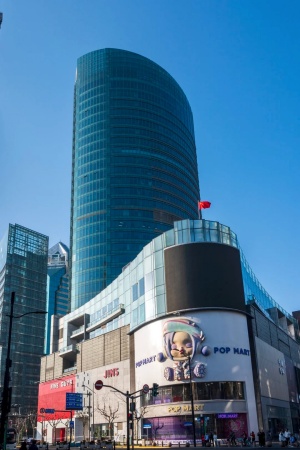
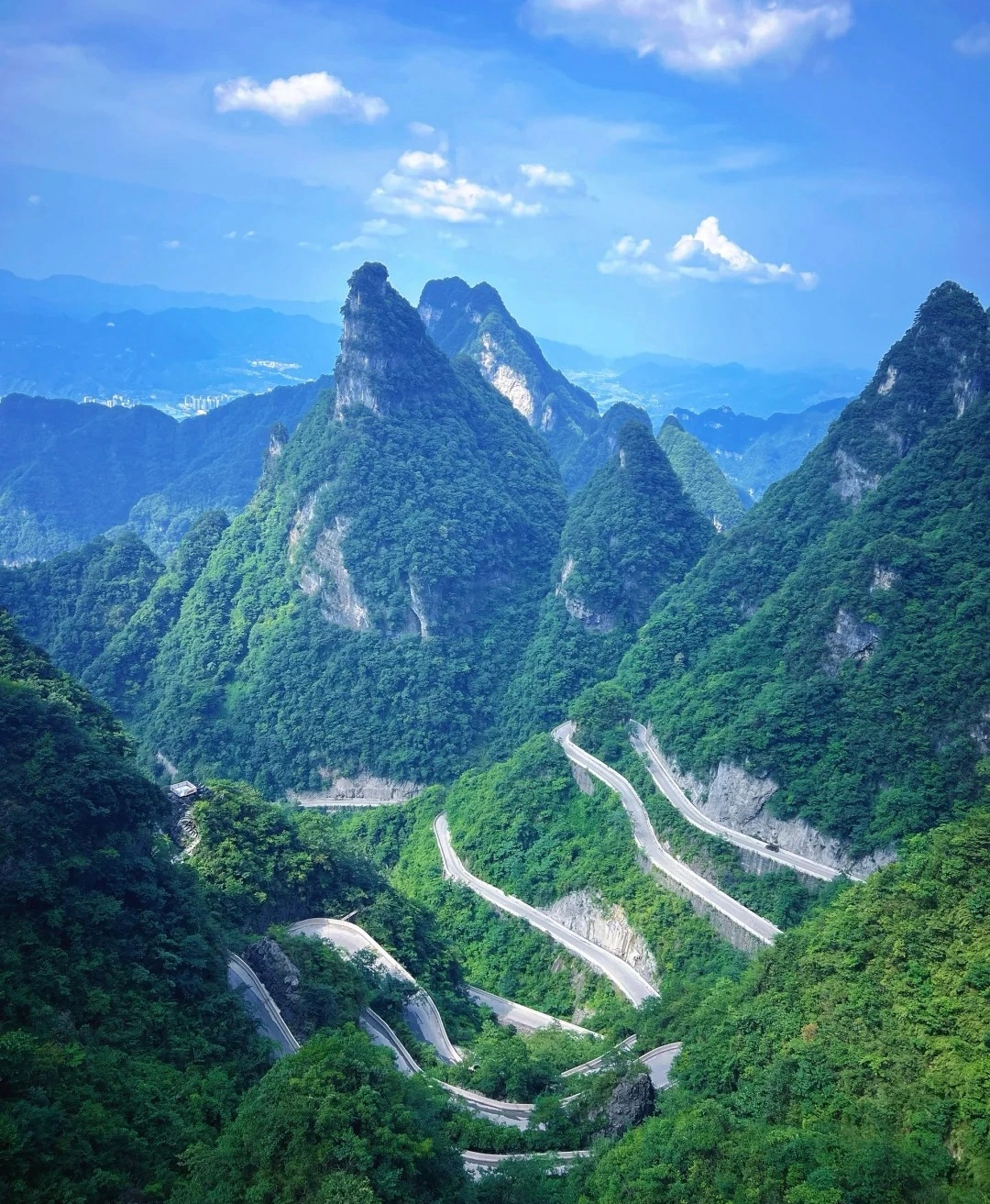
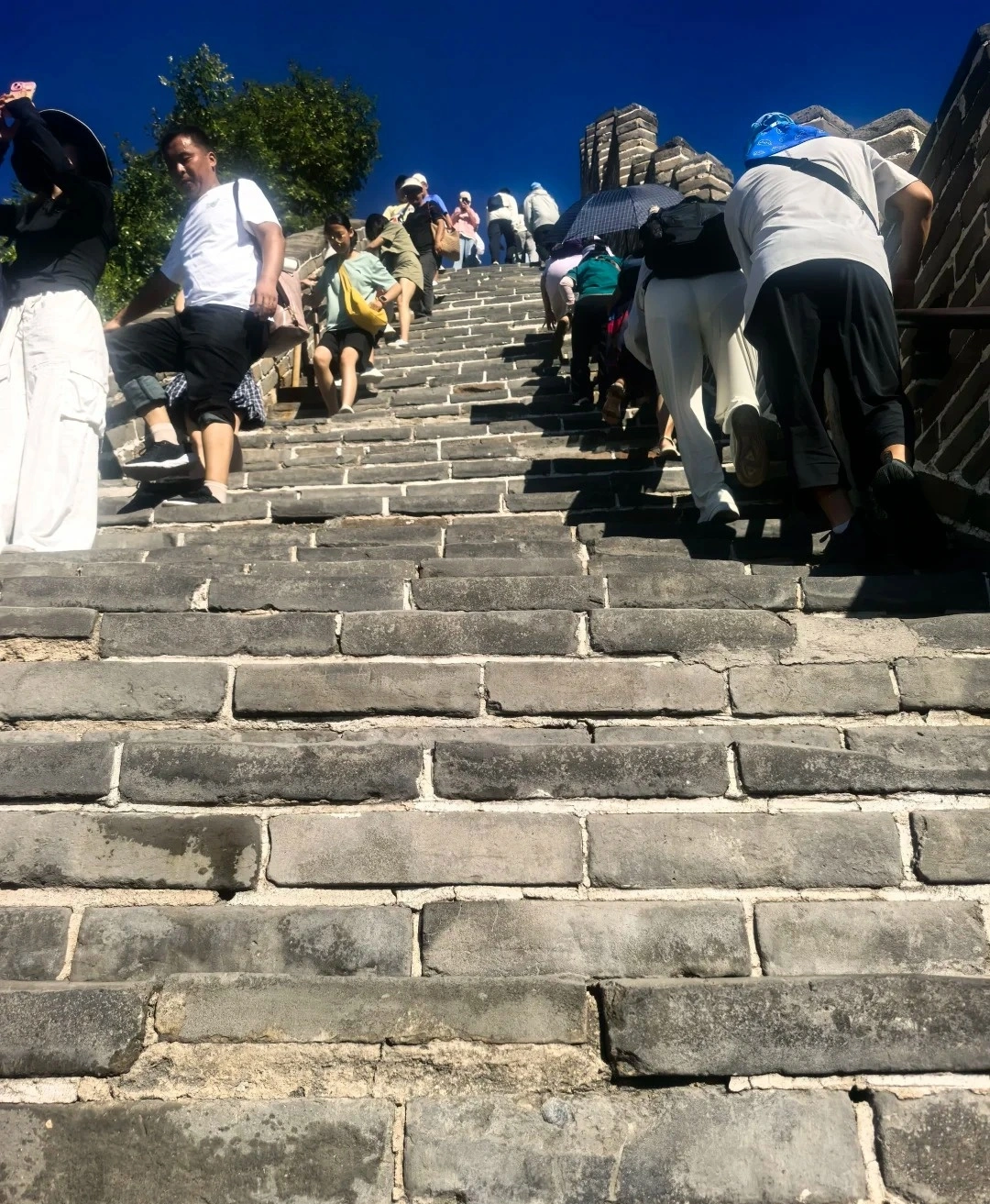
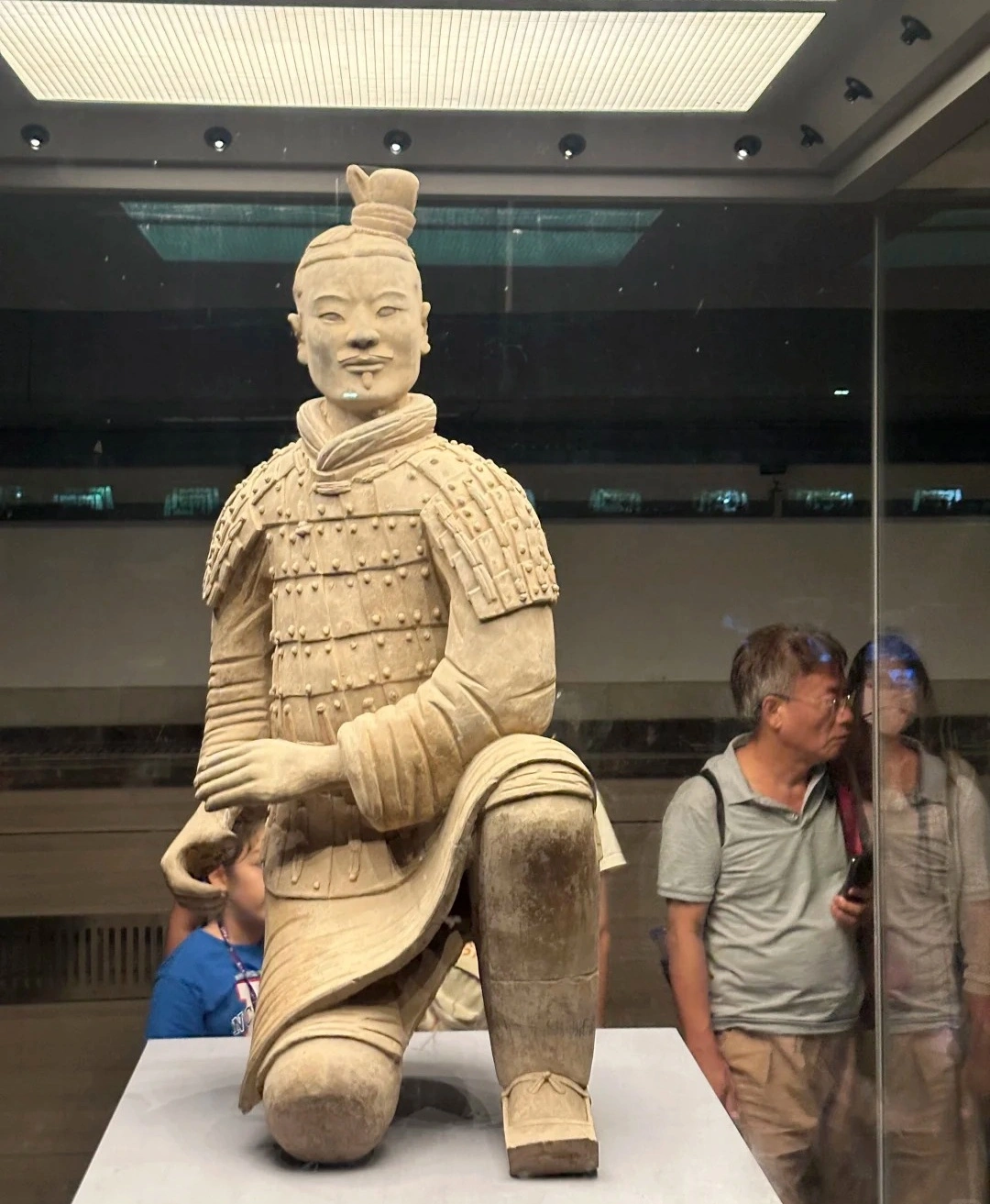

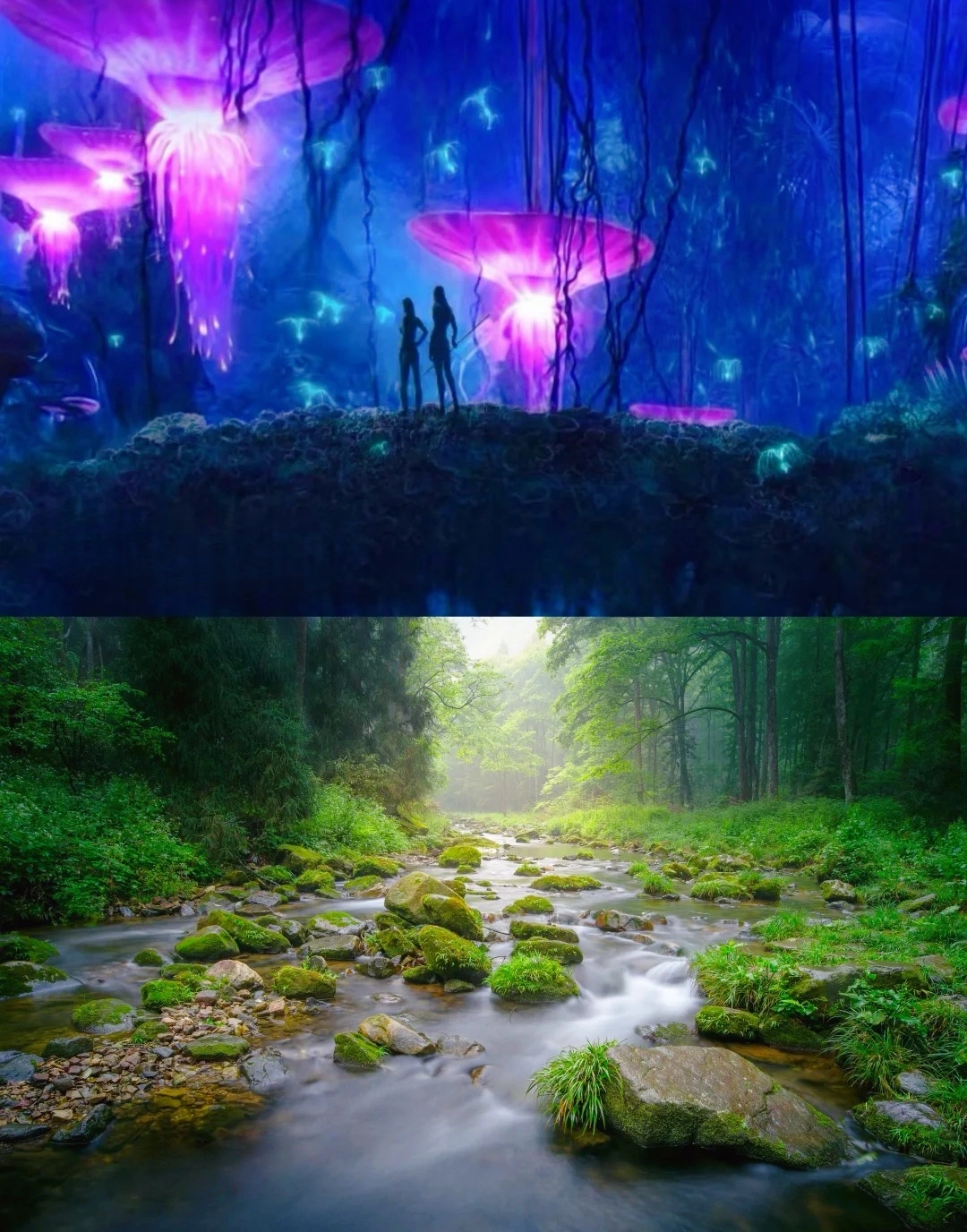
FAQ
ما هي النباتات والحيوانات النادرة في حديقة الغابات الوطنية لجزيرة ليغونغ؟
الاكتئاب القديمة، بطة الماندرين، والبطة المتوطنة لجزيرة ليوغونغ
أوصي بجولة كلاسيكية لجزيرة ليوجونغ
وصول فير . Admiralty Office . Memorial Hall . Qiding Mountain Battery . Forest Park.
كيف نصل إلى جزيرة ليوجونغ من ويهاي في وسط المدينة؟
Ferry from Weihai Port (20 mins, 30 RMB round-trip); departs every 20 mins (8:00-16:30).
ما هي أطباق المأكولات البحرية الجاهزة بالقرب من جزيرة ليوجونغ؟
أبليون براعمي، أرز رطب البحر، وهايميان (نودويدات عشب البحر) في مطاعم ميناء ويهاي.
ما هي أفضل صور في جزيرة ليوجونغ؟
بوابة مكتب الأدميرالتي القديمة، منصة جبال كيدينغ للرؤية البحرية، ونحت السفينة التذكارية.


